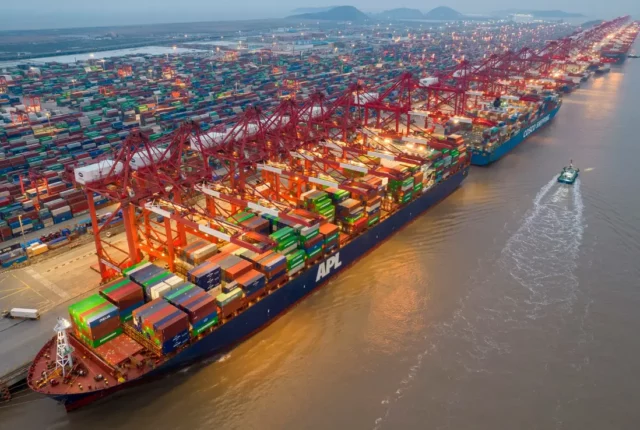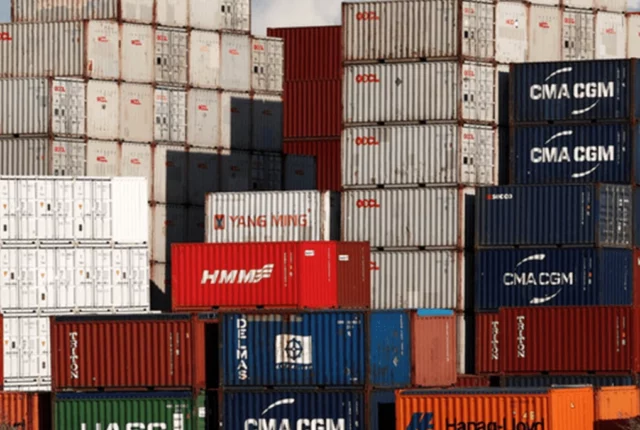
Ford Still Scrambling for Rare‑Earth Magnets
A deal to free up Chinese magnet shipments hasn’t sped up export approvals, carmakers say
Ford Motor still faces difficulties obtaining vital magnets made with rare-earth elements, despite a deal the U.S. struck with China to ease export controls, a company executive said Monday.
“It’s hand to mouth—the normal supply-chain scrambling that you have to do,” said Lisa Drake, a vice president overseeing Ford’s industrial planning for batteries and electric vehicles.
Ford in May stopped production at a vehicle factory in the Chicago area because of a magnet shortage. The situation has improved, but the company still needs to “move things around” to avoid manufacturing shutdowns given the scarcity of the materials, Drake told reporters during a briefing at an EV battery plant the company is building in Michigan.
China in April began requiring companies to apply for permission to export magnets made with rare-earth metals, including dysprosium and terbium. The country controls roughly 90% of the world’s supply of these elements, which help magnets to operate at high temperatures. Much of the world’s modern technology, from smartphones to jet fighters, rely on these magnets.
Ford isn’t the only carmaker still struggling to obtain these magnets. Several other carmakers say that the pace of export license approvals for rare-earth magnets hasn’t changed significantly.
“It isn’t quite day-to-day, but it’s week-to-week,” said an executive at one of the carmakers.
Car companies have warned that they could be forced to halt factory work if they are unable to obtain enough rare-earth magnets.
In the auto industry, rare-earths are essential to electric-vehicles because they allow a low-cost way to ensure motors can operate at high speed. President Trump struck a deal earlier this month for China to resume granting licenses to export rare-earth magnets. The agreement, which has a six-month limit, is aimed at allowing China to retain its chokehold on the critical minerals and give it leverage in future trade negotiations.
Ford’s ongoing scramble for rare‑earth magnets amid production disruptions underscores the fragility of global supply chains in the face of concentrated resource control. Despite a tentative U.S.–China agreement to ease export licensing, manufacturers like Ford remain on a “hand‑to‑mouth” footing, highlighting the need for diversified sourcing and domestic resilience.
Source: Article






